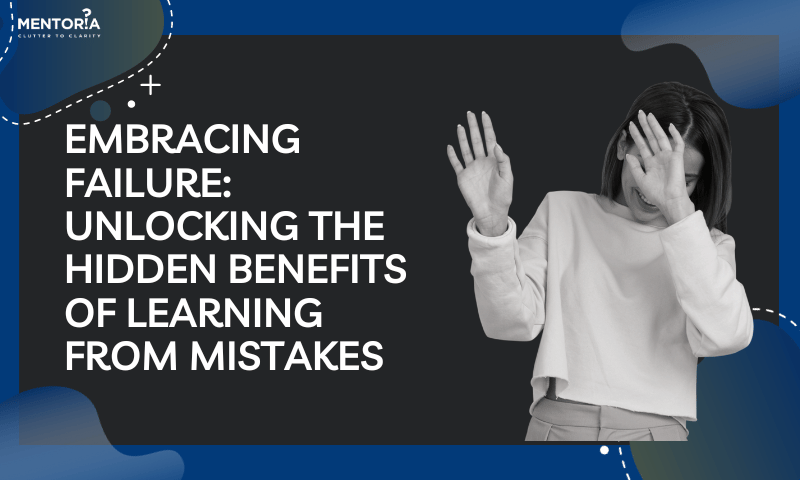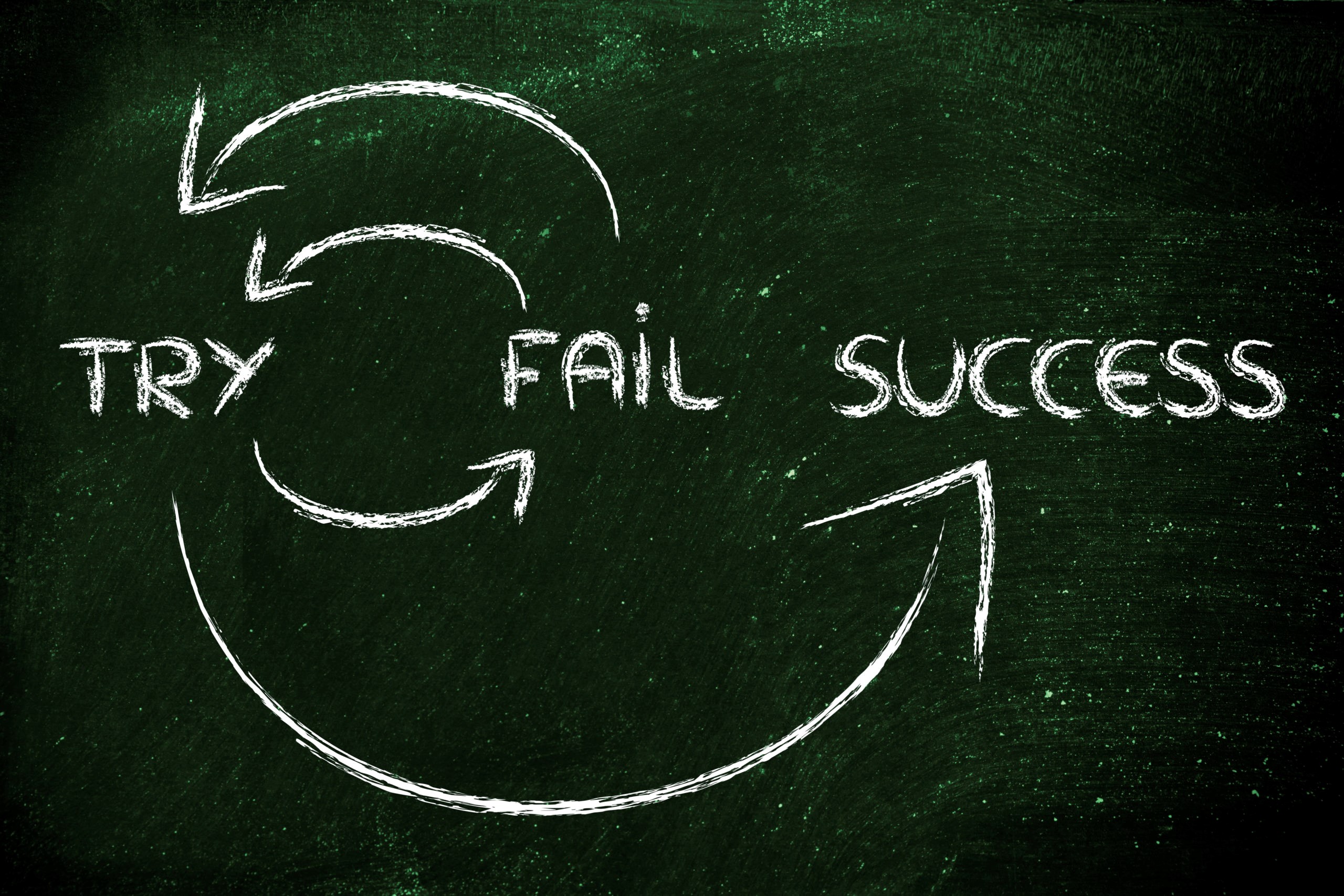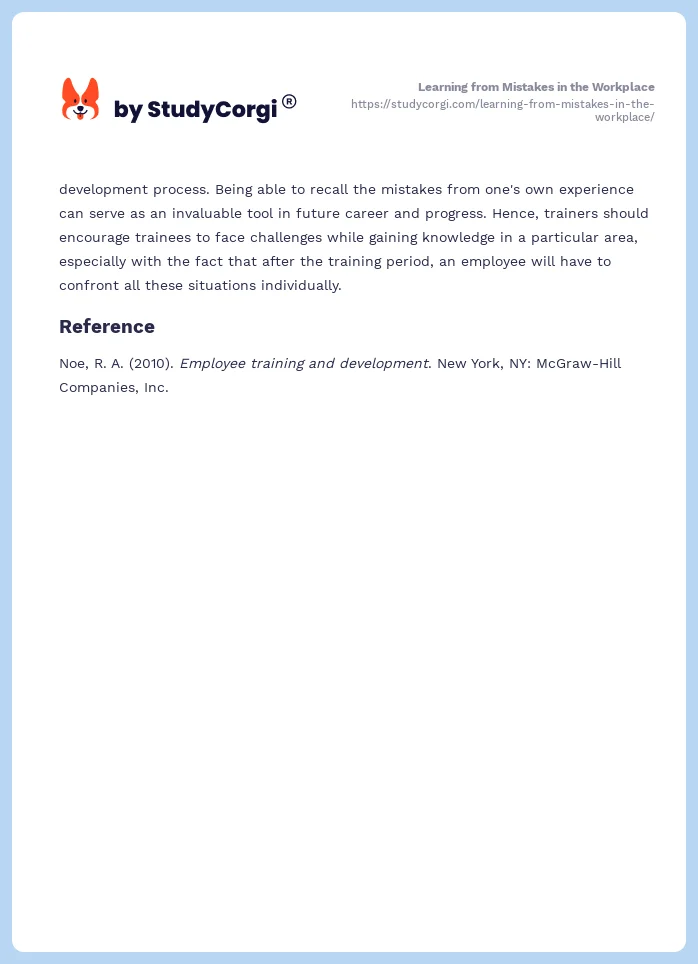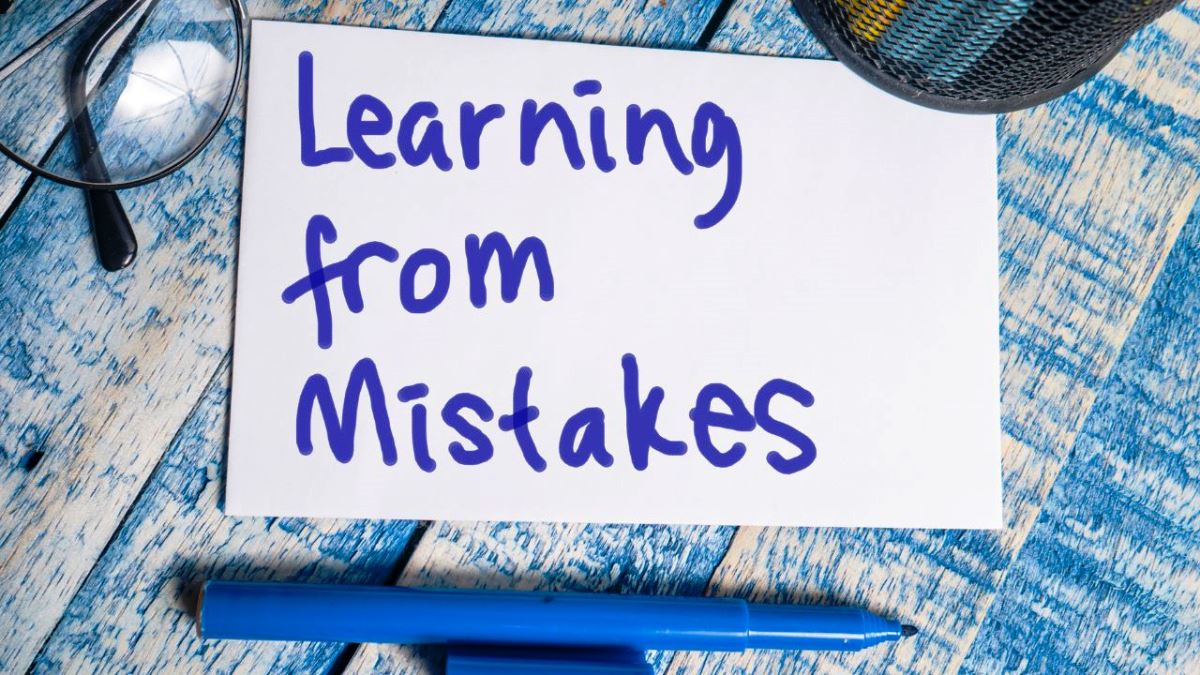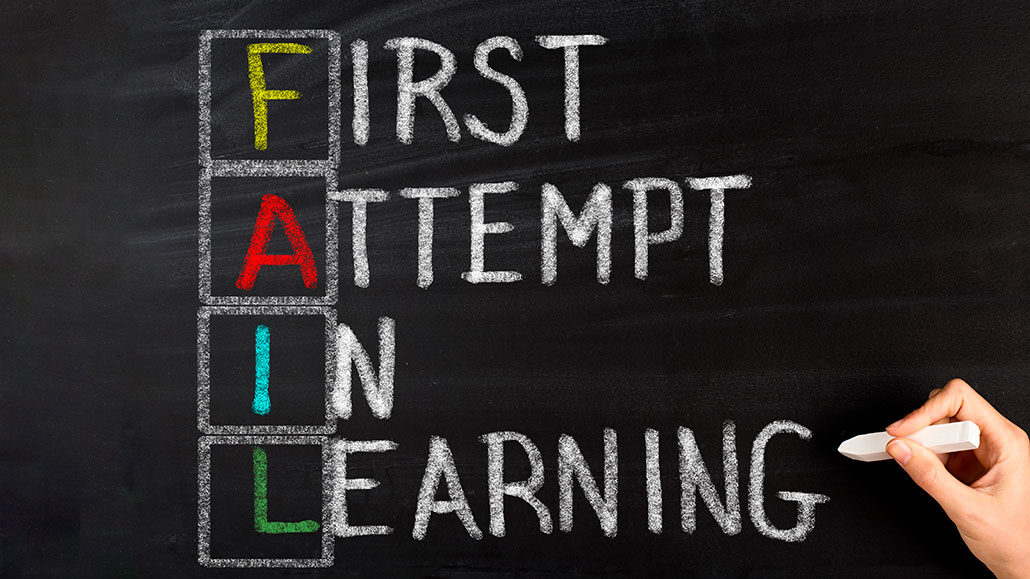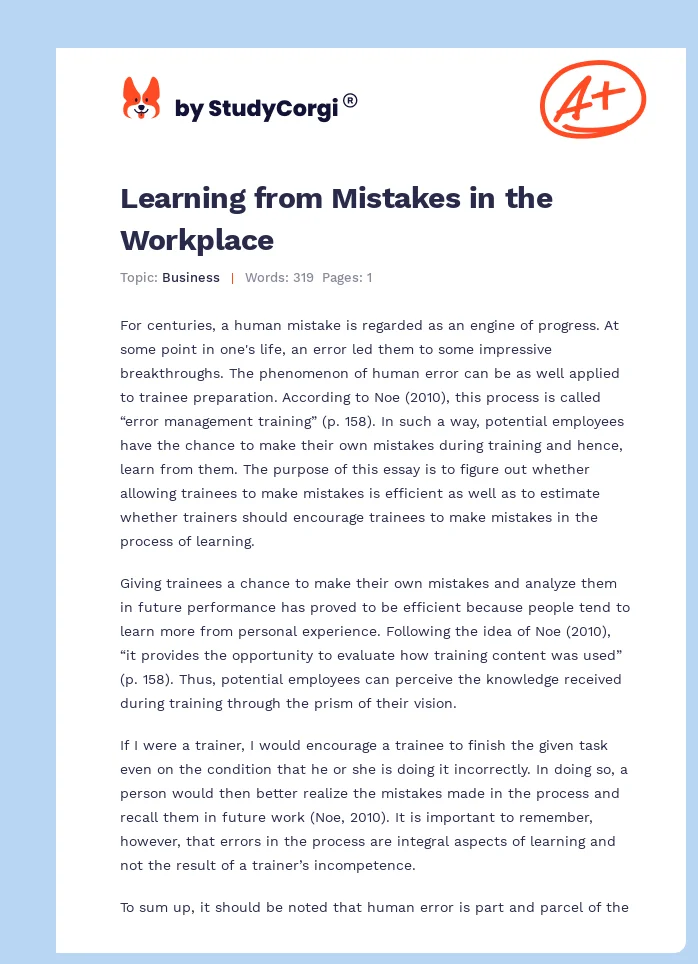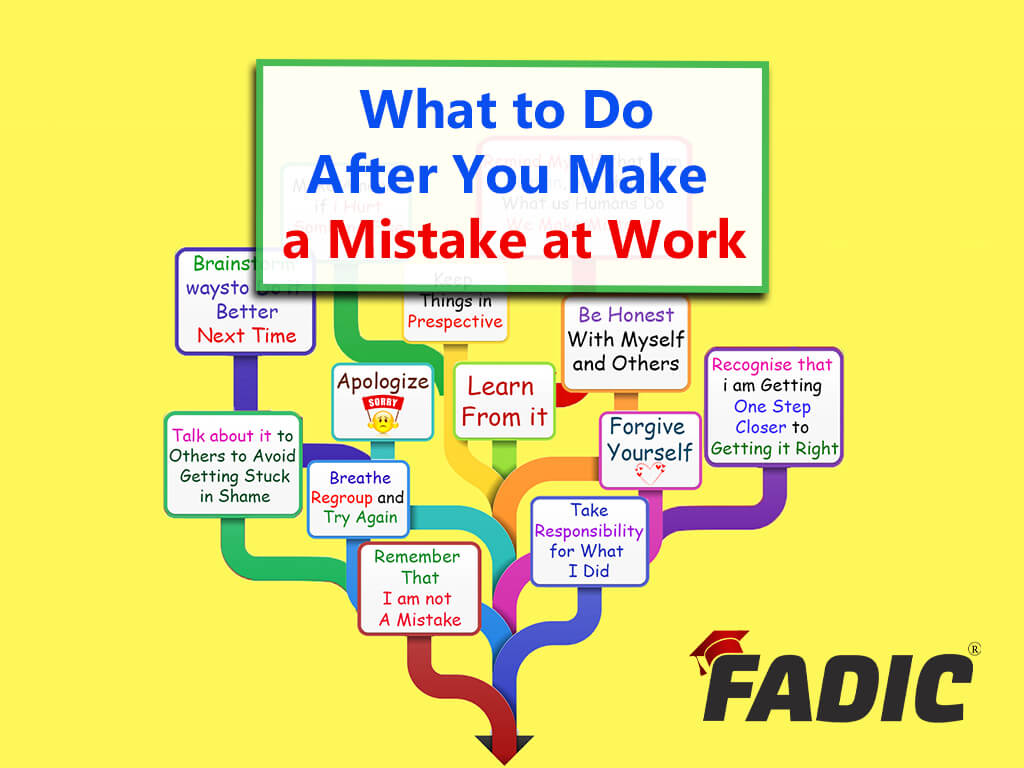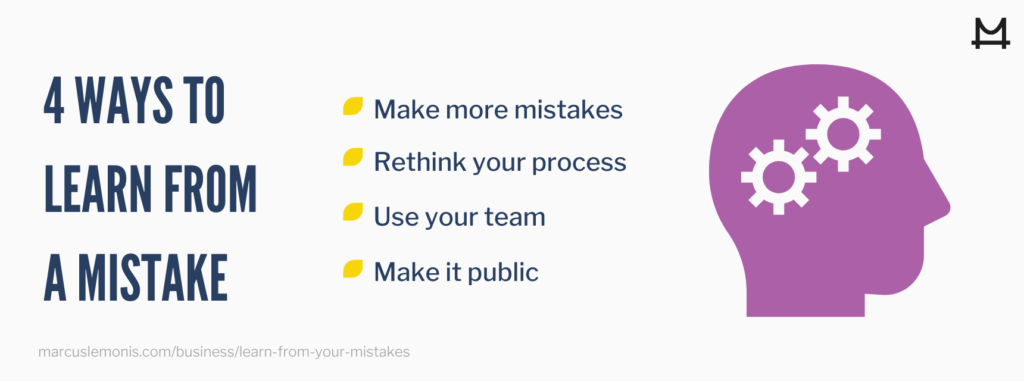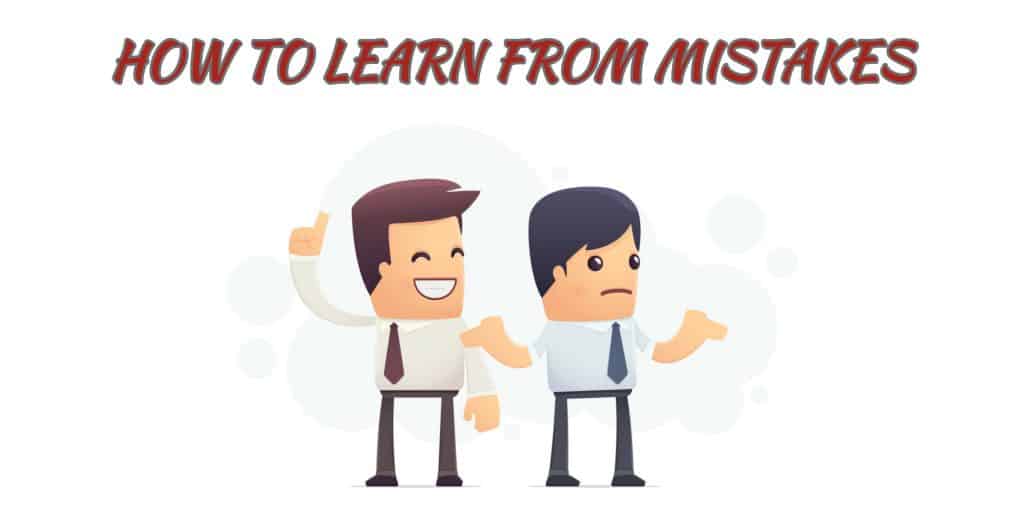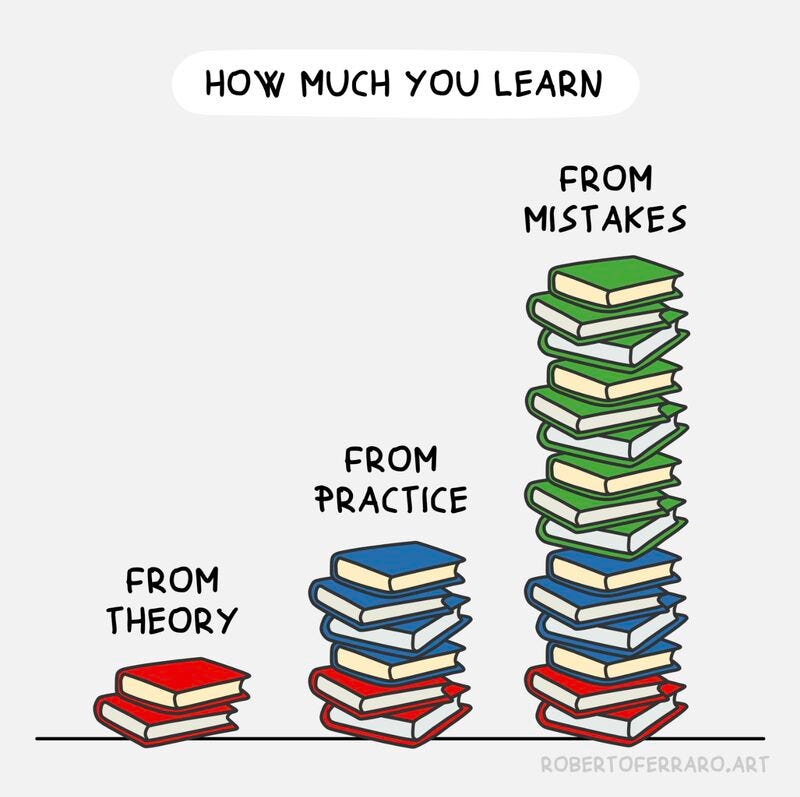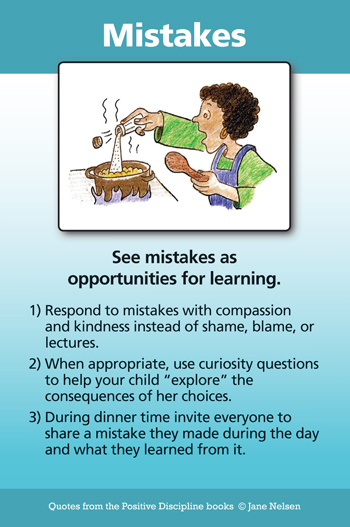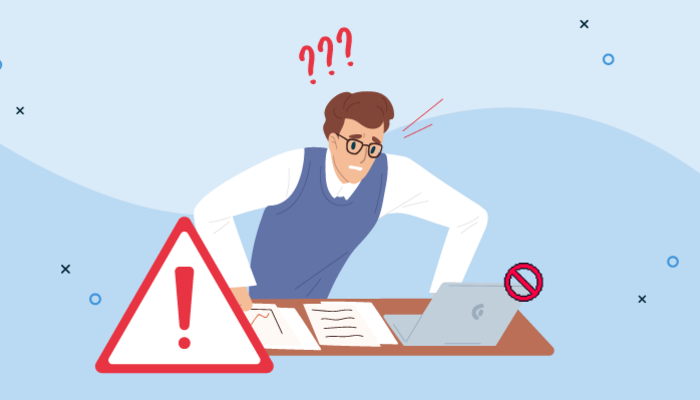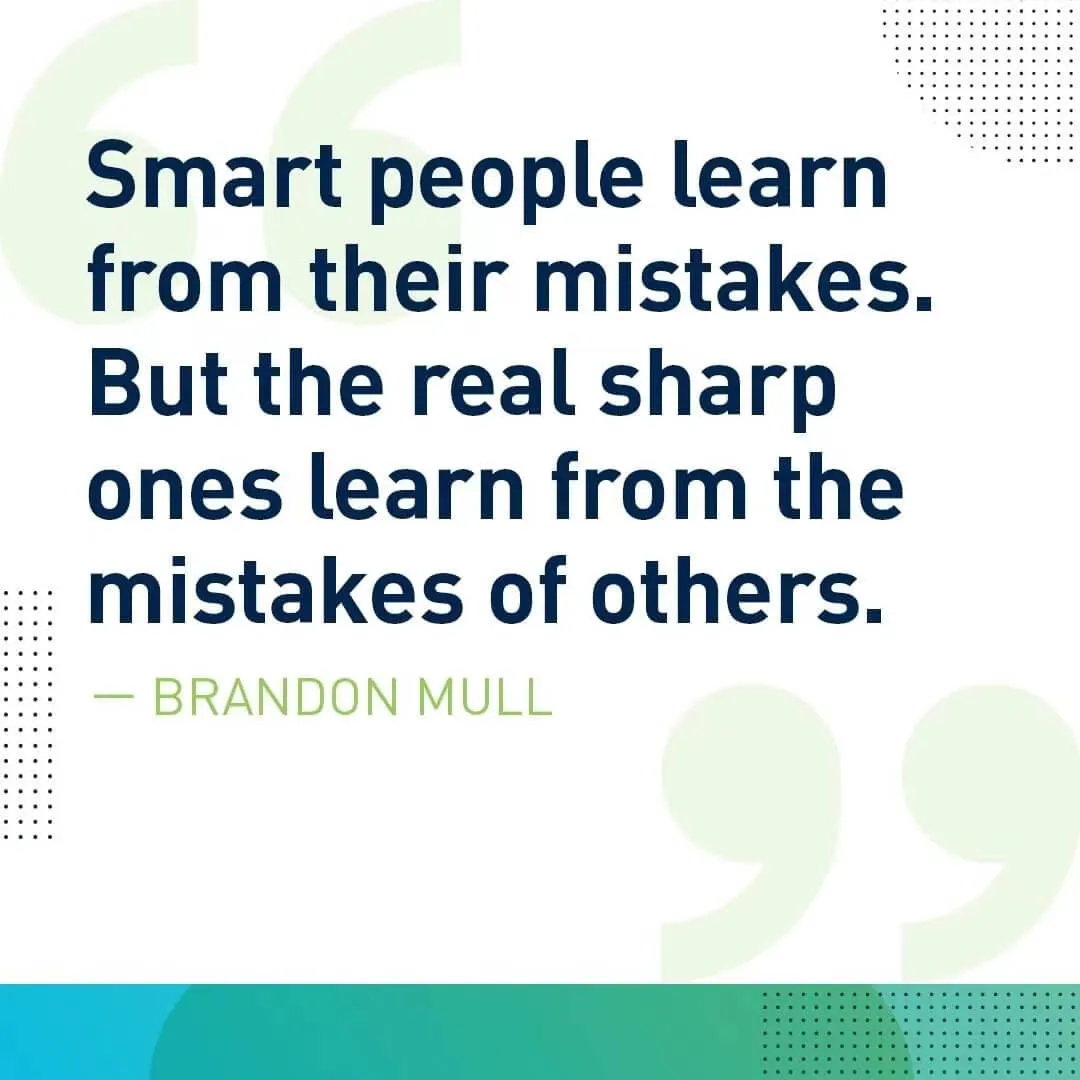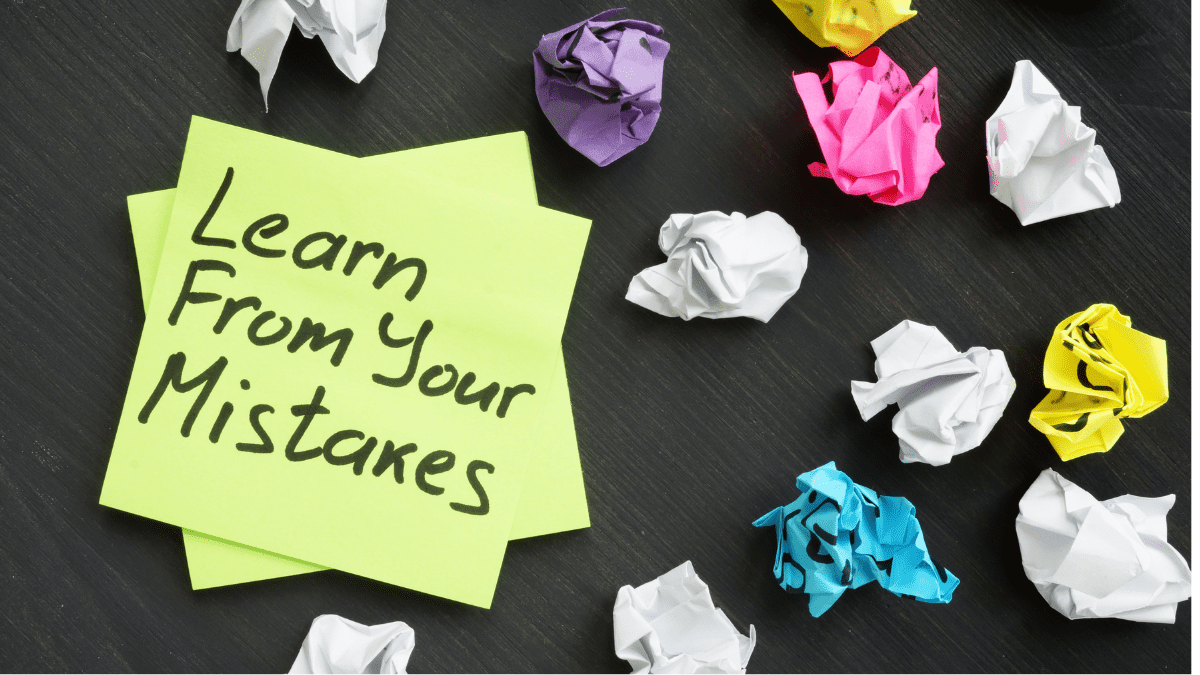Benefits Of Learning From Mistakes In The Workplace

The air in the conference room hung thick with anticipation. Sarah, a usually vibrant marketing associate, sat hunched over, her face flushed after a recent campaign misstep. Instead of condemnation, however, she found herself met with nods of understanding and encouragement from her team and manager. It was a moment that highlighted a growing shift in workplace culture: the embrace of mistakes not as failures, but as invaluable opportunities for growth.
At its core, learning from mistakes in the workplace fosters a more resilient, innovative, and engaged workforce. By understanding the underlying benefits and cultivating an environment where errors are viewed constructively, companies can unlock significant potential for individual and organizational development. This article delves into why embracing workplace blunders can be a powerful catalyst for success.
The Power of Psychological Safety
One of the primary advantages of a mistake-tolerant culture is the creation of psychological safety. When employees feel safe to admit errors without fear of punishment or ridicule, they are more likely to take risks, experiment with new ideas, and openly communicate challenges.
According to a Harvard Business Review study, teams with high psychological safety are more likely to report mistakes, learn from them, and ultimately, perform better. This openness allows for quick identification of problems and collaborative problem-solving, preventing minor issues from escalating into larger, more costly crises.
Boosting Innovation and Creativity
Innovation often stems from trial and error. Encouraging employees to view failures as stepping stones rather than roadblocks fosters a culture of experimentation. When fear of failure is diminished, employees are more willing to think outside the box and propose unconventional solutions.
As Thomas Edison famously said, "I have not failed. I've just found 10,000 ways that won't work." His persistence, fueled by a willingness to learn from setbacks, ultimately led to groundbreaking inventions.
Building Resilience and Adaptability
Mistakes, when analyzed constructively, can build resilience in employees. Navigating challenges and learning from failures equips individuals with the skills to adapt to changing circumstances and overcome future obstacles.
This resilience is particularly crucial in today's rapidly evolving business landscape, where adaptability is a key differentiator. Companies that foster a culture of learning from mistakes are better positioned to weather storms and emerge stronger.
Improving Employee Engagement and Development
When organizations invest in helping employees learn from their mistakes, they demonstrate a commitment to their growth and development. This, in turn, can significantly boost employee engagement and loyalty.
Employees are more likely to feel valued and motivated when they perceive that their organization cares about their learning journey. A study by Gallup found that engaged employees are more productive, innovative, and committed to their companies.
Turning Setbacks into Learning Opportunities
To effectively leverage mistakes, companies should implement structured processes for analyzing errors. This includes conducting post-mortems, encouraging open discussions, and creating a culture of continuous feedback.
By focusing on the root causes of mistakes rather than assigning blame, organizations can identify systemic issues and implement preventative measures. The goal is to extract valuable lessons and prevent similar errors from occurring in the future.
In conclusion, learning from mistakes in the workplace is not just about damage control; it's about fostering a culture of growth, innovation, and resilience. By embracing errors as opportunities for learning, companies can unlock the full potential of their workforce and drive long-term success. The journey might be bumpy at times, but the destination – a more agile, innovative, and engaged organization – is well worth the effort.
